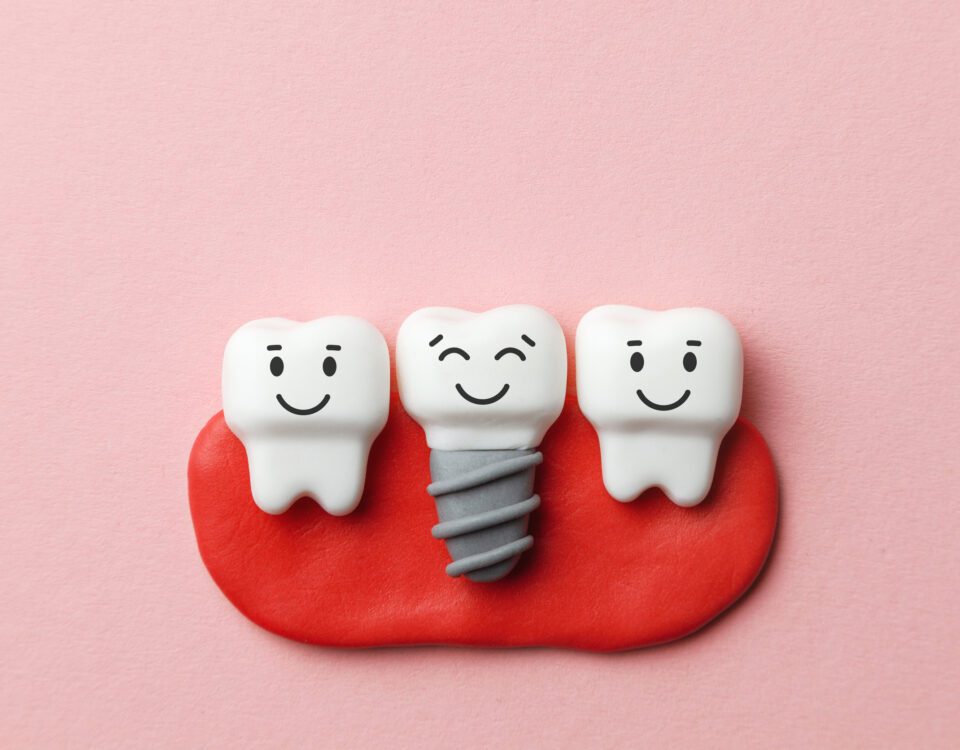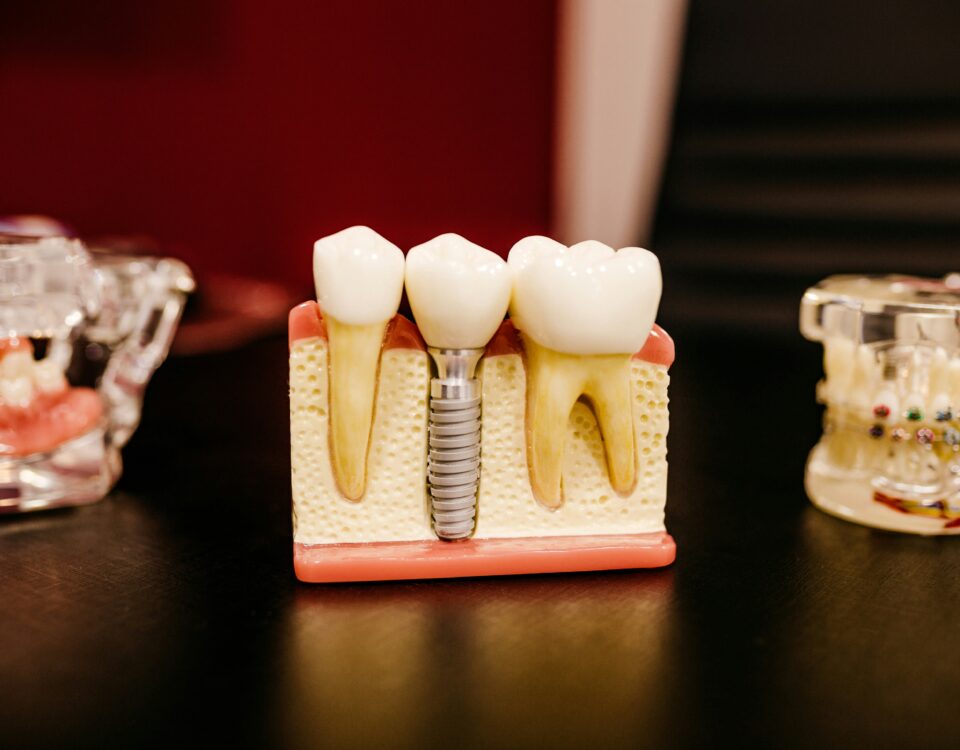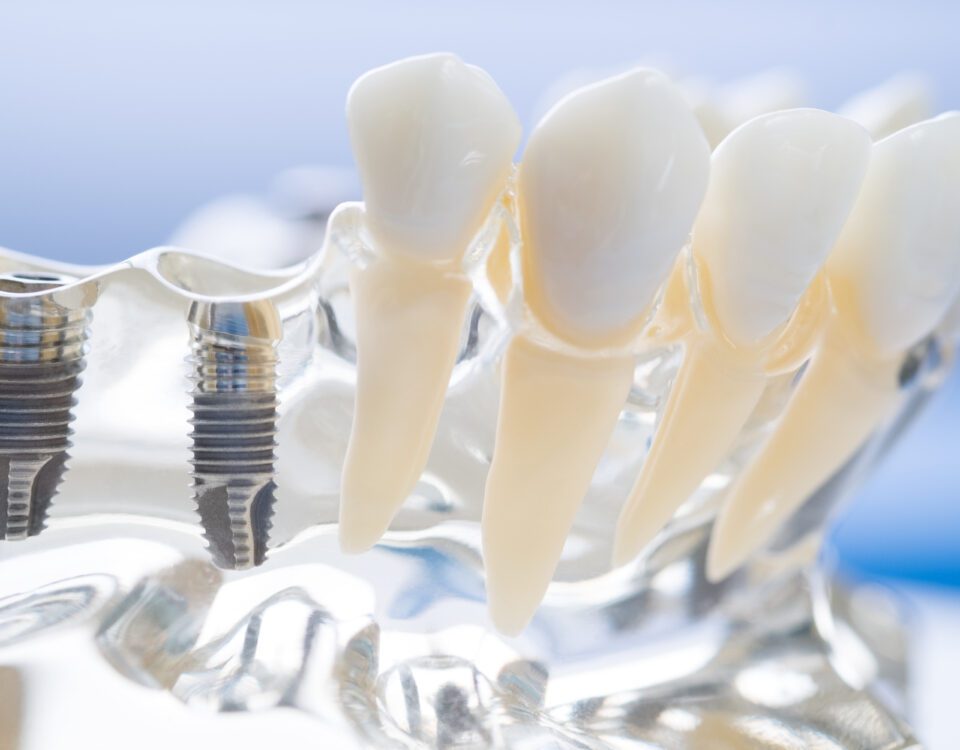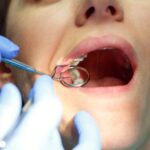
Root Canal Treatment: Common Myths Debunked
May 23, 2024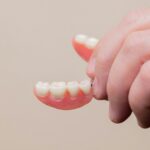
Comfort and Care While Wearing Dentures
July 25, 2024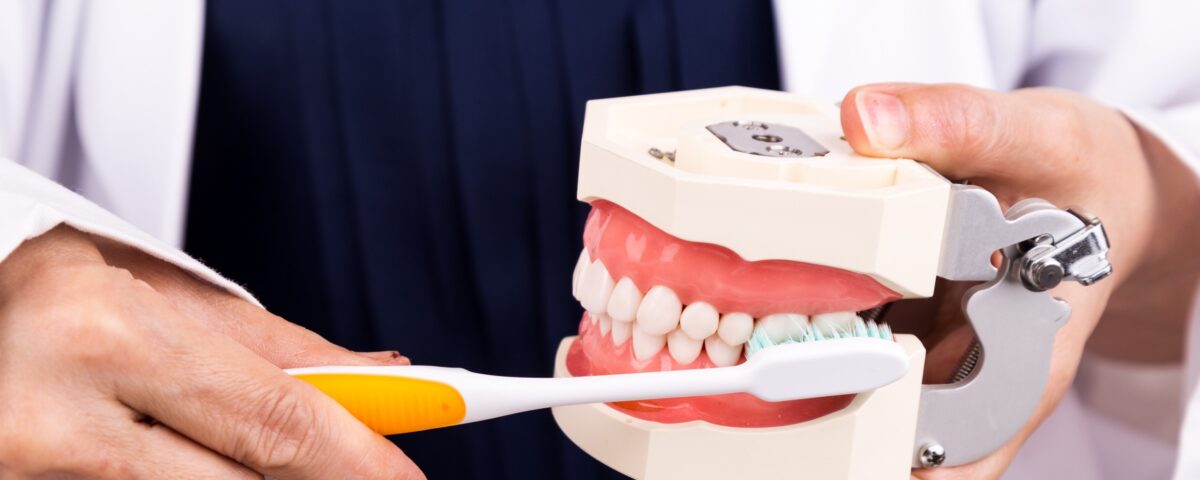
How to Care For Dental Implants and get long-lasting results. Dental implants are a durable solution for replacing missing teeth. Unlike traditional dentures or bridges, dental implants provide a permanent foundation that closely mimics the look and function of natural teeth. Just like natural teeth, implants require proper care and maintenance to ensure long-lasting results and preserve oral health.
Here are five essential tips for caring for your dental implants to maximize their longevity.
Commit to Excellent Oral Hygiene
Dental implants are susceptible to plaque buildup and may lead to gum disease if not properly cared for. Maintaining excellent oral hygiene helps prevent complications such as peri-implantitis, a condition that can lead to implant failure.
Brushing your teeth at least twice daily with a soft-bristled toothbrush and fluoride toothpaste helps remove plaque and bacteria from the implant surfaces and surrounding gums. Additionally, flossing daily and using interdental brushes or water flossers can help clean hard-to-reach areas around the implants, reducing the risk of inflammation and infection.
Attend Regular Dental Check-Ups
Regular dental check-ups are essential for monitoring the health and stability of your dental implants. Your dentist will conduct thorough examinations, including X-rays, to assess the condition of the implants, surrounding bone, and gum tissue.
Early detection of any issues, such as loosening of the implants or signs of infection, allows for prompt intervention and treatment, minimizing the risk of complications and preserving the longevity of your implants. Aim to schedule dental visits every six months or as your dentist recommends to maintain optimal oral health and address any concerns promptly.
Avoid Harmful Habits
Certain habits can compromise the success of dental implants. Avoiding harmful behaviors such as smoking and excessive alcohol consumption facilitates implant longevity. Smoking not only impairs the body’s ability to heal and integrate the implants but also increases the likelihood of gum disease and implant failure.
Additionally, avoiding chewing on hard objects such as ice, pens, or fingernails helps prevent damage to the implant crown or abutment and reduces the risk of implant fracture or dislodgement.
Protect Your Implants during Physical Activity
If you lead an active lifestyle, you should take precautions to protect your dental implants during sports or physical activities that pose a risk of facial trauma or injury. Wearing a custom-fitted mouthguard while participating in contact sports or activities with a high risk of impact helps prevent damage to the implants and surrounding oral structures.
Your dentist can provide recommendations for selecting a suitable mouthguard that offers optimal protection and comfort. Additionally, if you grind or clench your teeth at night (bruxism), wearing a nightguard can help protect your implants from complications such as implant fracture or bone loss.
Maintain a Healthy Lifestyle
Adopting a healthy lifestyle benefits your overall well-being and contributes to the success and longevity of your dental implants. Eating a balanced diet rich in fruits, vegetables, lean proteins, and whole grains provides essential nutrients that support oral health and promote healing after implant surgery. Drinking plenty of water helps keep your mouth hydrated and aids in the production of saliva, which helps wash away food particles and bacteria. Additionally, managing stress through relaxation techniques such as meditation or yoga can help improve overall oral health.
If you have any questions or concerns about caring for your dental implants, don’t hesitate to consult one of our dentists at Southpoint Family Dentistry for personalized advice and guidance. Contact us to get more information.

